In the marketing world, professionals are on a constant journey to succeed. They navigate the twists and turns of customer behaviour, market trends, and ever-changing technologies, always adapting to stay ahead. In this dynamic area, personal growth becomes a crucial guiding light. It’s not just about climbing the career ladder; it’s about improving oneself holistically.
Personal growth goes beyond the usual idea of getting better at your job; it’s about having the right attitude—being open to learning, bouncing back from setbacks, and being ready for change. For marketing folks, who need a mix of creativity, strategic thinking, and people skills, personal growth isn’t just helpful; it’s a must. By always learning, staying resilient, and being adaptable, marketers prepare themselves for success. It’s about honing skills, seeing the bigger picture, and being ready for anything the industry throws at them.
Why is Personal Growth Necessary for Marketing Professionals?
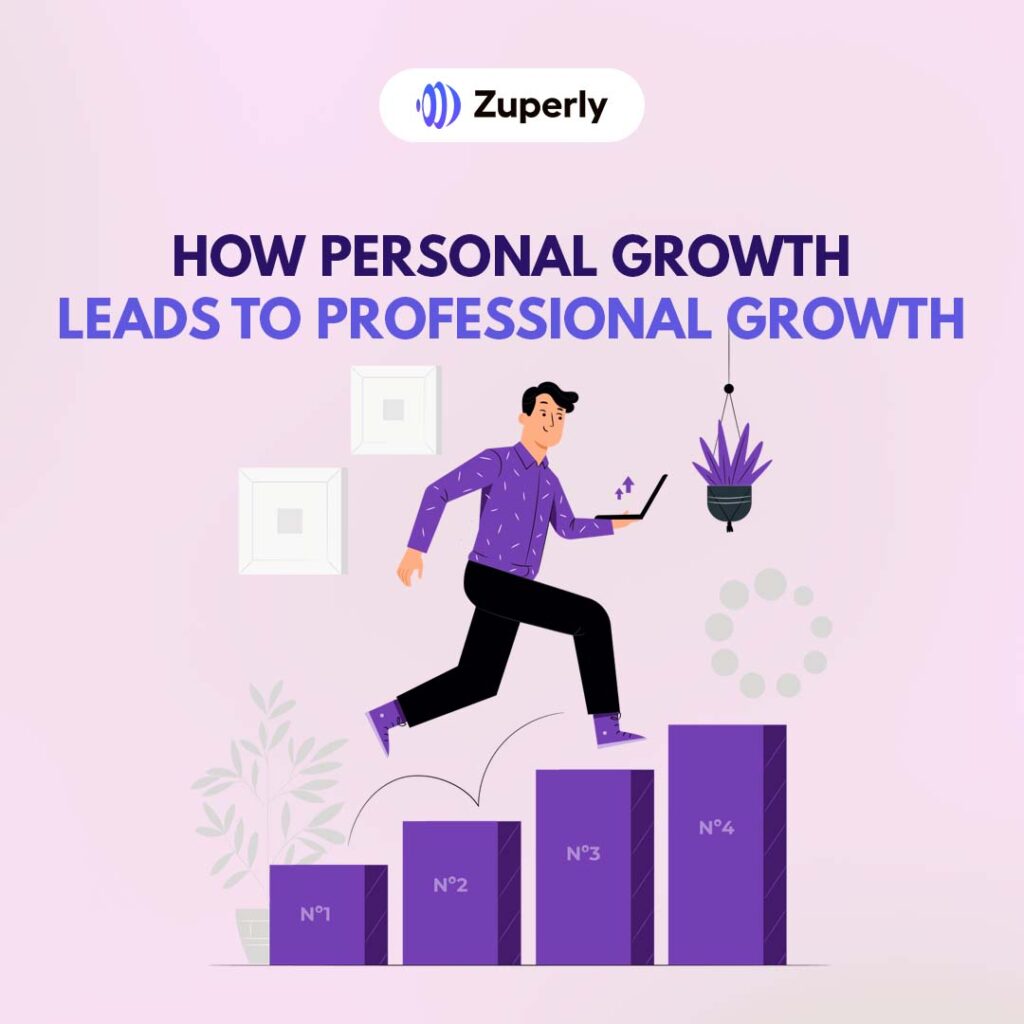
Personal growth is indispensable for marketing professionals as it catalyses career advancement in this dynamic and competitive field. In a area marked by rapid technological advancements, shifting consumer behaviours, and evolving market trends, the ability to adapt and thrive is crucial. Marketing is not merely about promoting products; it’s about connecting with people, understanding their needs, and predicting future trends. Personal growth becomes the cornerstone for success in such an environment.
Firstly, marketing demands diverse skills, including creativity, strategic thinking, and interpersonal finesse. Personal growth facilitates the continuous development of these skills, allowing professionals to stay relevant and excel in their roles. With consumer preferences and technologies evolving unprecedentedly, a stagnant skill set can quickly lead to professional obsolescence.
Secondly, personal growth fosters a mindset of resilience and adaptability. The capacity to bounce back from setbacks and embrace change is invaluable in an industry where success often hinges on the ability to navigate uncertainties. Marketing professionals must be agile, ready to pivot strategies and capitalise on emerging opportunities. Personal growth equips individuals with the mental fortitude to navigate challenges and turn them into stepping stones for success.
Moreover, personal growth extends beyond professional skills, encompassing emotional intelligence, leadership abilities, and effective communication. These qualities are vital for building strong relationships with clients, colleagues, and stakeholders. Marketing is inherently a people-centric profession, and personal growth enhances one’s capacity to connect with others on a deeper level.
Top 9 Tips for Advancing Your Career
Here are the top 9 tips for advancing your career:
Continuous Learning
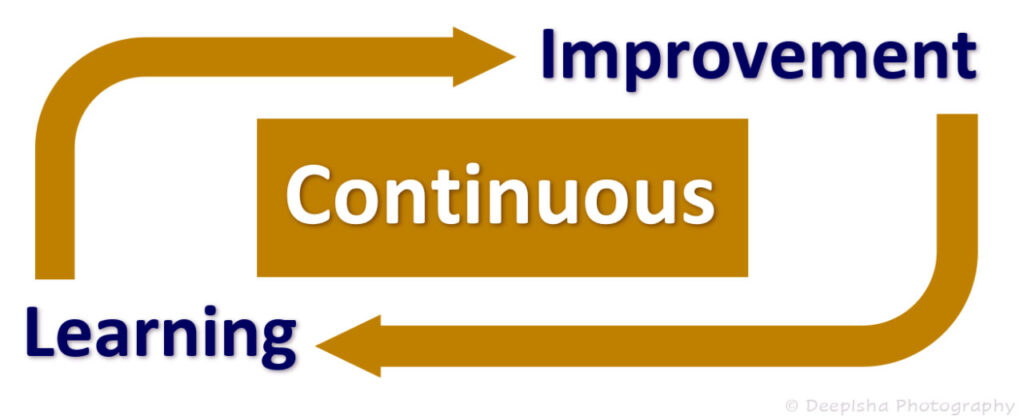
In the rapidly evolving area of today’s industries, remaining at the forefront demands a steadfast dedication to continuous learning. This commitment entails proactively engaging with the latest industry trends, tools, and technologies. Marketing professionals, among others, should carve out dedicated time for ongoing education, whether through formal courses, hands-on workshops, or self-directed online learning. This approach extends beyond mere skill acquisition; it is a strategic imperative for maintaining relevance and a competitive edge.
Embracing continuous learning positions individuals to navigate the changing demands of their roles adeptly. It is an investment in personal and professional growth that pays dividends in the long run. By staying abreast of emerging trends and mastering new tools, professionals can enhance their problem-solving abilities and contribute fresh perspectives to their teams. Moreover, the proactive pursuit of knowledge communicates a dedication to excellence, positioning professionals as invaluable assets to their organisations.
Networking
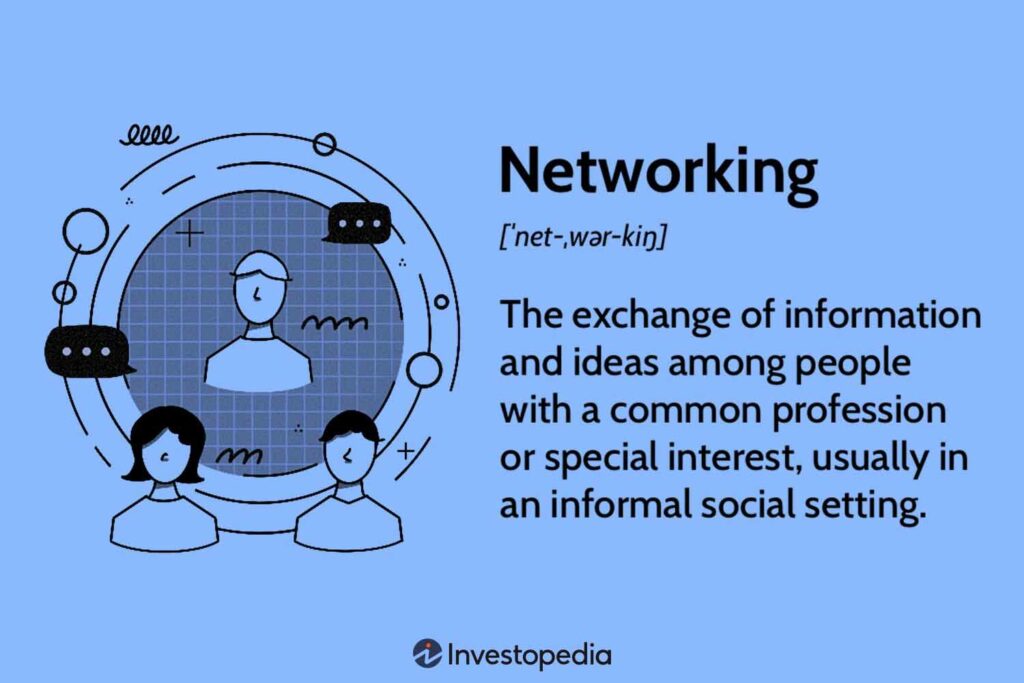
Establishing and nurturing professional relationships is fundamental to career progression. Internally, forming connections with colleagues at all levels cultivates a collaborative and encouraging workplace atmosphere. Externally, participating in industry events, conferences, and online forums expands one’s professional network.
Networking is more than exchanging business cards; it requires genuine engagement, knowledge sharing, and mentorship. A strong professional network unlocks new opportunities and offers a crucial support system for overcoming challenges and staying abreast of industry advancements. In essence, fostering meaningful connections is not just a career-enhancing strategy but the bedrock of a resilient and well-informed professional journey.
Set Clear Goals

Crafting explicit career objectives and developing a roadmap for their attainment is pivotal for professional triumph. The SMART criteria—Specific, Measurable, Achievable, Relevant, and Time-bound—offer a systematic approach to goal-setting. Specificity gives a precise target, measurability allows progress tracking, achievability ensures realistic aims, relevance aligns goals with broader aspirations, and time-bound constraints create urgency.
Clear goals provide direction, motivation, and a yardstick for assessing progress. They act as a guiding influence, aiding informed decision-making and prioritising actions that harmonise with one’s overarching career vision. In essence, a well-defined career roadmap, shaped by SMART objectives, is the compass that steers individuals toward success in their professional journey.
Embrace Challenges
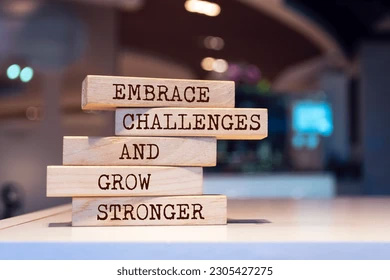
Viewing challenges in the professional realm as stepping stones to personal and career growth is essential. Confronting intricate projects or embracing new responsibilities offers a chance to showcase your capabilities. Taking on challenges highlights existing skills and fosters the acquisition of new ones. The learning and problem-solving experiences gained contribute significantly to your skill set and resilience.
Successfully navigating challenges reflects positively on your work ethic and adaptability, positioning you as an invaluable asset within your organisation. In a swiftly evolving work environment, the capacity to embrace challenges becomes a defining factor for career advancement. It’s not just about overcoming obstacles; it’s about leveraging them as opportunities for continuous improvement and professional distinction.
Effective Communication
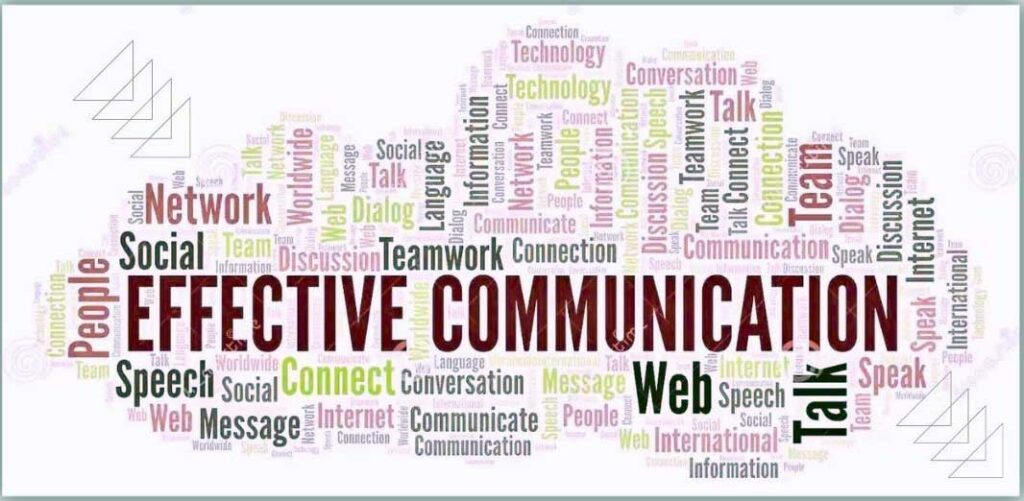
Effective communication is the linchpin of professional success. Both written and verbal communication skills are paramount in conveying ideas, building relationships, and influencing outcomes. Clear and persuasive communication ensures your ideas are understood, fostering collaboration and preventing misunderstandings. It goes beyond simple articulation; it involves active listening, empathy, and tailoring your message to diverse audiences. A marketing professional with excellent communication skills can articulate brand messages, engage audiences, and negotiate effectively.
Moreover, effective communication is crucial for leadership roles, where the ability to inspire and align teams towards common goals is essential. Whether presenting ideas in a meeting, crafting compelling marketing copy, or interacting with clients, the impact of effective communication on career progression cannot be overstated. Continuous refinement of these skills through practice, feedback, and learning from successful communicators is a key investment in one’s professional journey.
Seek Feedback

Actively seeking feedback is a proactive approach to personal and professional development. This practice demonstrates a commitment to growth and improvement. Feedback is a valuable tool for self-awareness, providing insights into your strengths and areas that may need refinement. From supervisors, peers, and subordinates, constructive feedback offers diverse perspectives on your performance.
Moreover, receiving feedback gracefully is a key aspect of emotional intelligence. It fosters a culture of continuous improvement within a team or organisation. By incorporating constructive criticism, you can address blind spots, refine your skills, and enhance your overall performance. This commitment to seeking and utilising feedback propels individual growth and contributes positively to team dynamics and organisational success.
Develop Leadership Skills
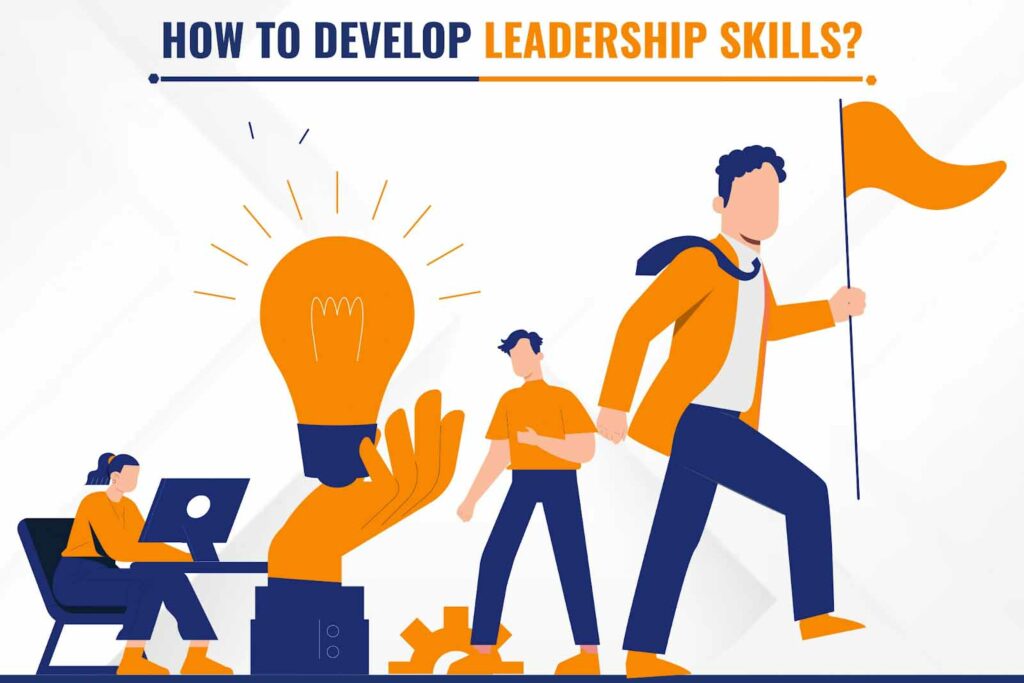
Decision-making is a cornerstone, requiring the ability to assess situations, weigh alternatives, and make informed choices. Effective leaders understand that decisions impact not only their own success but also that of their team and organization. Delegation is another crucial aspect, empowering team members to contribute their strengths while fostering a collaborative environment. By distributing responsibilities based on individual strengths, a leader not only maximizes efficiency but also nurtures the growth of team members.
Mentorship is a powerful leadership quality that goes beyond the confines of a formal role. Guiding and supporting colleagues, especially those less experienced, contributes to a positive work culture. A mentor provides insights, facilitates skill development, and acts as a sounding board for ideas. Cultivating mentorship qualities establishes a leader as someone invested in the success of the entire team, earning respect and loyalty.
Adaptability
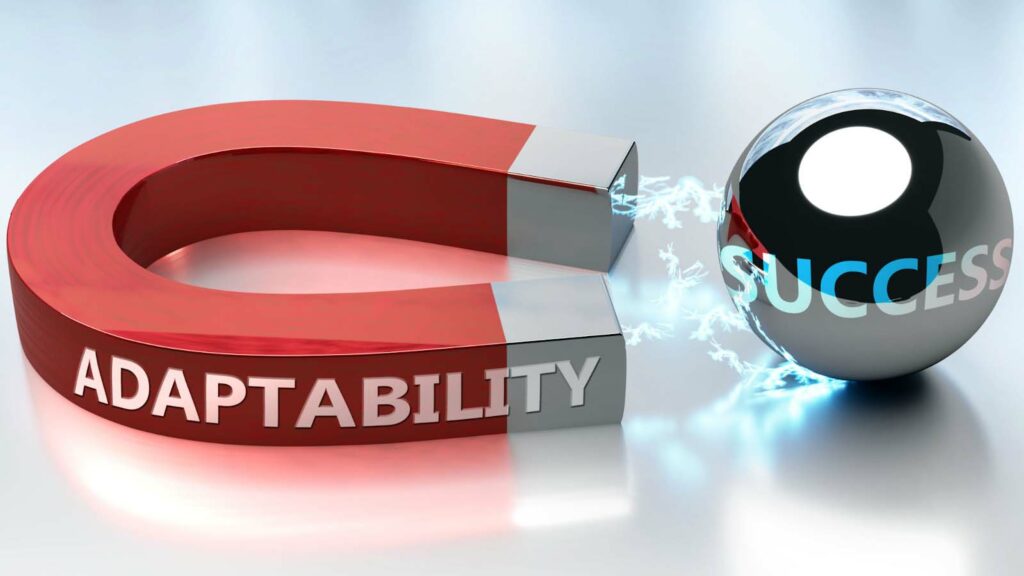
Adaptability is a cornerstone for success. Embracing change is not merely about reacting to it but proactively seeking opportunities within evolving circumstances. This requires a mindset that views challenges as chances for innovation and growth. An adaptable professional is open to new ideas, technologies, and methodologies, staying ahead of industry trends.
Flexibility in the face of unforeseen challenges is a testament to resilience. It involves adjusting strategies, revisiting goals, and staying nimble in a dynamic work environment. The ability to pivot seamlessly demonstrates to employers that you are capable of navigating uncertainty and thriving in it. In today’s fast-paced world, adaptability is a key attribute that sets individuals apart, fostering a reputation for versatility and resourcefulness.
Personal Branding

Cultivating a positive professional image is a strategic investment in one’s career. Online and offline, personal branding is about showcasing your unique strengths, skills, and achievements. In the digital age, an online presence is often the first impression. Ensure that your LinkedIn profile, professional website, and other online platforms reflect your expertise and accomplishments. Offline interactions are equally important. Effective personal branding involves consistent communication of your value proposition.
Actively seek opportunities to demonstrate your expertise, positioning yourself as a go-to person in your field. Distinguishing yourself in the competitive job market requires a unique personal brand. Identify what makes you stand out and build a narrative around it. Whether it’s a specific skill, a track record of success, or a distinctive approach to problem-solving, leverage these elements to create a memorable and compelling professional identity.
Final Thoughts
In marketing, personal growth is the secret sauce for success. Beyond job skills, it’s about embracing a mindset of continuous learning and adaptability. This holistic approach is beneficial and essential for marketers navigating the dynamic area. It’s the key to thriving in a field that demands creativity, strategic thinking, and people skills. In pursuing personal growth, marketing professionals enhance their careers and stand out in the ever-evolving marketing world.
Search
Recent Posts
- Redefining Brand Narratives: Insights from Aradhika S. Mehta
- Unveiling the Digital Marketing Trailblazer: Insights from Sidharth Elwadhi
- From Journalism to Brand Brilliance: Tara Kapur’s Marketing Odyssey
- Excitel Broadband CMO Aditya Jain Unveils Marketing Mastery!
- Beyond Boundaries: Anirban Guha on Global Campaign Success
